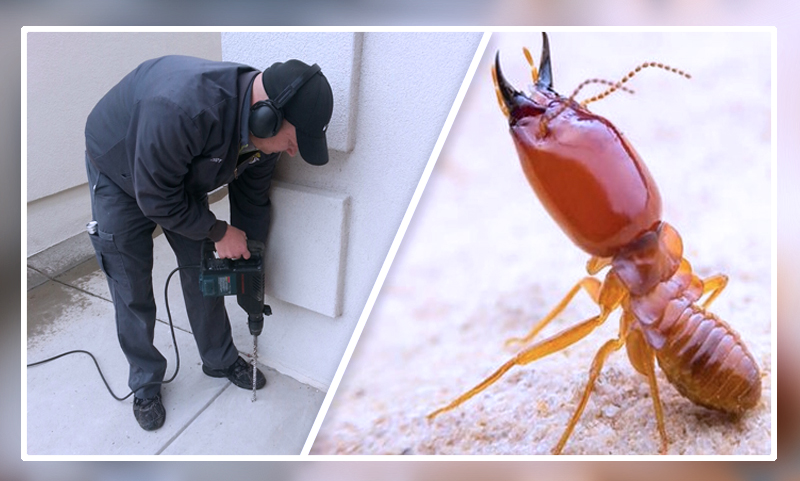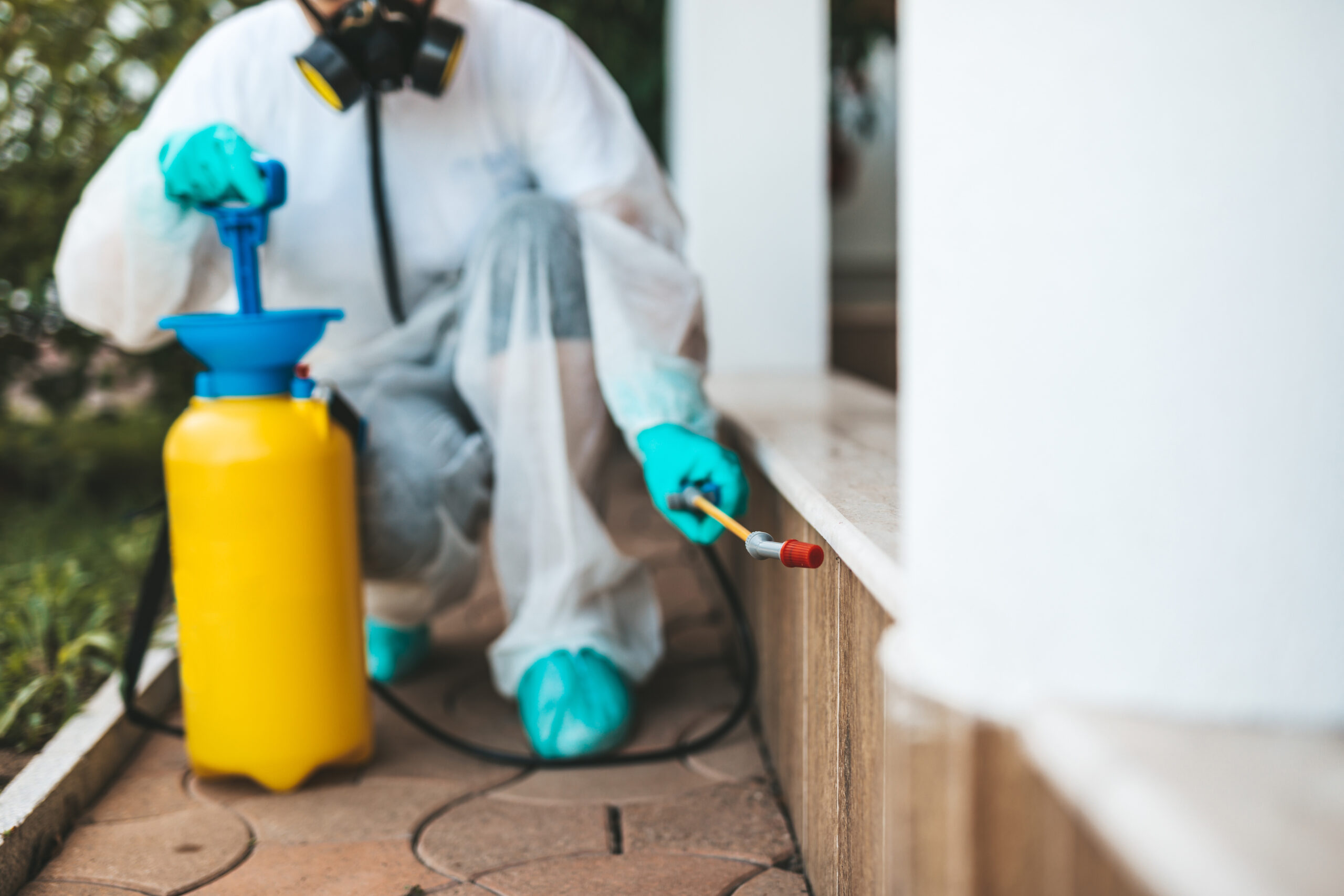Leading Ant Control Services: Reliable Solutions for Your Home or Organization
Leading Ant Control Services: Reliable Solutions for Your Home or Organization
Blog Article
Environmental Impact of Pest Control: Balancing Performance With Sustainability
The ecological impact of parasite control is an essential issue that requires a delicate equilibrium between attaining performance in managing pests and ensuring sustainability of our communities. As we aim to secure our crops, homes, and health and wellness from the hazards postured by parasites, the techniques we employ can inadvertently damage the atmosphere. From using hazardous chemicals that leak into our dirt and water to the unintended effects on non-target species, the consequences of traditional pest control techniques are significant. Nevertheless, there are arising methods that use hope for an extra sustainable strategy to pest management. These solutions not only aim to address the prompt pest problems however also consider the long-term wellness of our earth.
Unsafe Chemicals in Insect Control
The usage of hazardous chemicals in insect control poses significant ecological and health and wellness dangers that warrant careful factor to consider and reduction strategies. Insecticides, herbicides, and chemicals are generally utilized to eliminate parasites, however their prevalent application can bring about unplanned consequences. These chemicals can infect soil, water resources, and the air, impacting not only the targeted pests yet also valuable pests, wild animals, and people.

To resolve these risks, integrated parasite management (IPM) strategies are being advertised as a more lasting choice. IPM involves a mix of methods such as biological control, habitat control, and the targeted use chemicals as a last hope (ant control indian trail nc). By embracing an alternative technique to pest control, we can minimize the ecological and health impacts related to damaging chemicals while properly taking care of pest populations
Effect on Non-Target Species
Thinking about the unplanned effects of bug control techniques, the effect on non-target varieties is an essential element that calls for complete evaluation. While parasite control procedures intend to target details bugs, other organisms in the community may be accidentally affected. Non-target types, consisting of beneficial bugs, birds, creatures, and even plants, can endure direct or indirect injury from pesticide applications or biological control methods.
Insecticides developed to combat a specific insect parasite may damage pollinators like or natural killers such as ladybugs. Biological control agents, if not species-specific, can position dangers to unintentional targets, interfering with the ecological equilibrium.
To mitigate the influence on non-target species, integrated insect monitoring (IPM) methods that stress an alternative technique to pest control are suggested. These methods focus on making use of eco-friendly techniques, reducing injury to useful organisms while properly managing pest populations. Conducting thorough risk assessments and keeping an eye on the outcomes of parasite control efforts are necessary actions in safeguarding non-target species and advertising general ecosystem wellness.
Soil and Water Contamination
Unintended environmental repercussions of pest control methods expand past influencing non-target varieties, with considerable ramifications for soil and water contamination - termite control. Chemicals, herbicides, and chemical plant foods used in parasite control can seep right into the dirt and infect groundwater, posing a hazard to both terrestrial and water communities.
Water contamination is another crucial problem associated with parasite control methods. To reduce soil and water contamination from bug control activities, incorporated insect management strategies that prioritize sustainability and minimize chemical inputs are crucial.
Air Air Pollution From Pesticide Use
Exposure to air-borne chemicals throughout agricultural applications positions a considerable issue for air contamination control measures. When pesticides are splashed onto plants, they can volatilize into the air and form unstable natural compounds (VOCs) and various other air-borne toxins. These chemicals can add to the formation of ground-level ozone, a significant component of smog that can have damaging effects on human wellness, plant productivity, and total air quality. Furthermore, chemical drift, where chemicals are lugged by the wind to unplanned areas, can cause the contamination of close-by environments and water bodies.

Strategies for Lasting Bug Control
In the world of farming techniques, applying sustainable pest control strategies is extremely important for maintaining environmental balance and safeguarding plant returns. Lasting insect control stresses the use this content of eco-friendly methods to handle pest populaces effectively while minimizing damage to non-target microorganisms and communities. Integrated Parasite Monitoring (IPM) is a commonly adopted technique that combines biological, social, physical, and chemical control methods to achieve long-term parasite administration solutions.
One trick strategy in lasting parasite control is promoting biodiversity within agroecosystems. By enhancing natural enemies of pests, such as killers and parasitoids, farmers can minimize the requirement for artificial pesticides. Plant turning and diversity are also reliable techniques to interrupt pest life cycles and produce less positive problems for pests to prosper. Furthermore, utilizing pest-resistant plant selections and employing methods like trap cropping can help in reducing pest pressure without relying heavily on chemical interventions. Ultimately, by integrating these sustainable insect control techniques, farmers can achieve a balance between pest management effectiveness and environmental stewardship.
Final Thought
To conclude, the ecological effect of insect control techniques must be thoroughly considered to balance performance with sustainability. Unsafe chemicals used in parasite control can lead to dirt and water contamination, air contamination, and harm non-target types - termite control services. It is critical to carry out sustainable insect control approaches to decrease these unfavorable results on the atmosphere and promote a healthier community for future generations
By taking on an all natural strategy to pest control, we can lessen the ecological and wellness impacts linked with unsafe chemicals while properly handling pest populations.

To alleviate the air pollution created by chemical use, it is important to adopt incorporated parasite monitoring approaches that focus on the usage of non-chemical insect control techniques, such as plant turning, natural killers, and resistant crop selections. Lasting parasite control highlights the usage of environmentally friendly techniques to handle insect populations properly while decreasing damage to non-target microorganisms and environments. Integrated Parasite Monitoring (IPM) is a commonly embraced strategy that incorporates biological, cultural, physical, and chemical control approaches to attain long-lasting insect management solutions.
Report this page